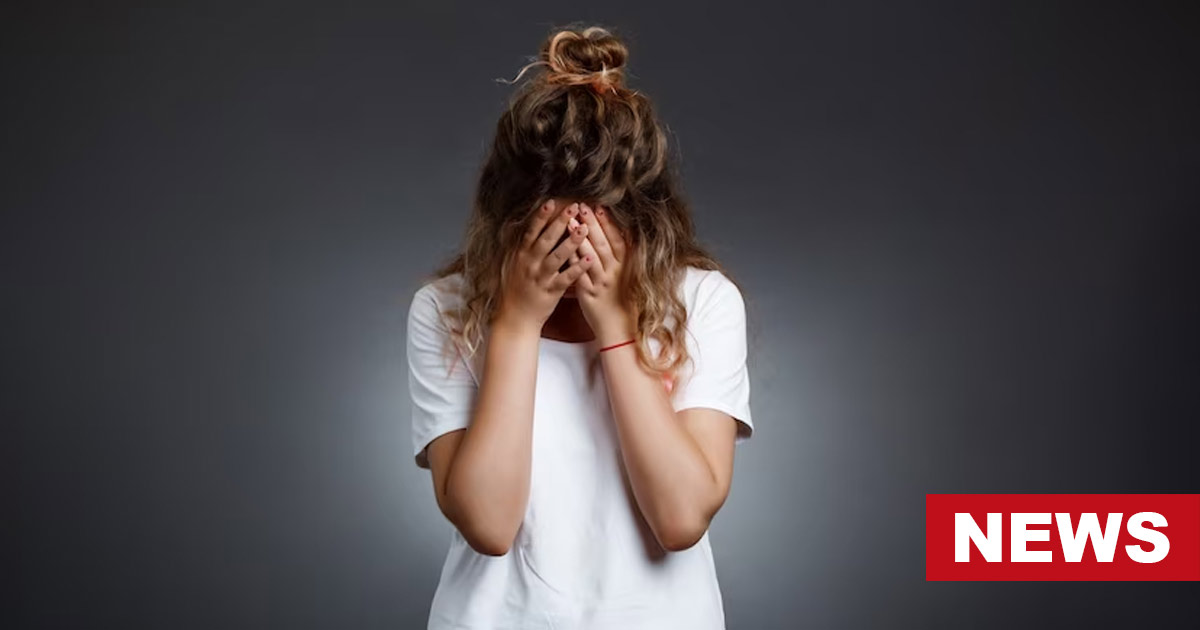Research reveals that a significant number of suicidal women called dramatic as they strive to seek mental health care assistance in the UK. Furthermore, approximately 27% of those who have spoken up about a mental health crisis in the past five years have been attributed their issues to hormonal factors.
Disturbingly, recent statistics from the UK’s Office for National Statistics (ONS) indicate an increase in suicide rates among women under 25 in the country, with one occurring every two days.
Mental health advocates and charities assert that this trend is partially a consequence of gender stereotypes, leading to the invalidation or dismissal of women’s emotions and symptoms when they seek help.
A YouGov survey, commissioned by the suicide prevention charity Campaign Against Living Miserably (Calm), involved over 2,000 women and aimed to shed light on their experiences when addressing mental health crises like panic attacks or manic depression.
The survey uncovered that many women felt their attempts to seek help were not taken seriously. Specifically, 33% reported being questioned about whether they were “overthinking things,” and 20% were asked if their symptoms were related to their menstrual cycle. Additionally, 22% of respondents expressed fear of being labeled as “attention-seeking” or “dramatic”.
Simon Gunning, the chief executive of Calm, expressed shock at the suicide statistics for young women and emphasized the need to prioritize suicide prevention and protect young people. He stated that the research revealed a recurring pattern of young women’s feelings and symptoms being disregarded or dismissed as overly emotional, hormonal, or attention-seeking.
These harmful preconceptions leave young women feeling unheard and unsupported, placing lives at risk like never before. Gunning stressed the urgency for immediate action to overcome the stigma that prevents women from receiving the recognition and support they deserve during times of crisis. By providing the necessary support, no woman should have to face her struggles alone.
Calm highlighted several leading factors contributing to mental health crises in women aged 18-34 years, including body image concerns, loneliness, relationship issues, financial worries, and social media-driven comparisons.
Professor Louis Appleby, a government adviser on suicide prevention, acknowledged the brewing mental health crisis in young women in the UK. He said in an interview with The Guardian: “Suicide in young women is a national priority. Although the rate is not high compared to other groups, there has been a marked rise over the last decade or so.”
While the rate may not be high compared to other demographics, there has been a notable increase in recent years. The causes are likely multifaceted, encompassing mental illness, abuse, and online experiences, thus necessitating a comprehensive multi-faceted approach to prevention. Appleby emphasized the importance of remaining vigilant, recognizing that suicide is an ever-evolving issue.
In an effort to draw attention to the escalating rates of female suicide in the UK, Calm collaborated with professional footballer Fran Kirby, who stars in a short film aimed at highlighting the feeling of invisibility experienced by women seeking help.
Kirby expressed her desire to raise awareness of the issue of suicide and emphasized the collective responsibility to ensure that young women feel seen and supported when they reach out. She likened it to a team effort, emphasizing that everyone has a role to play in addressing this critical issue.









